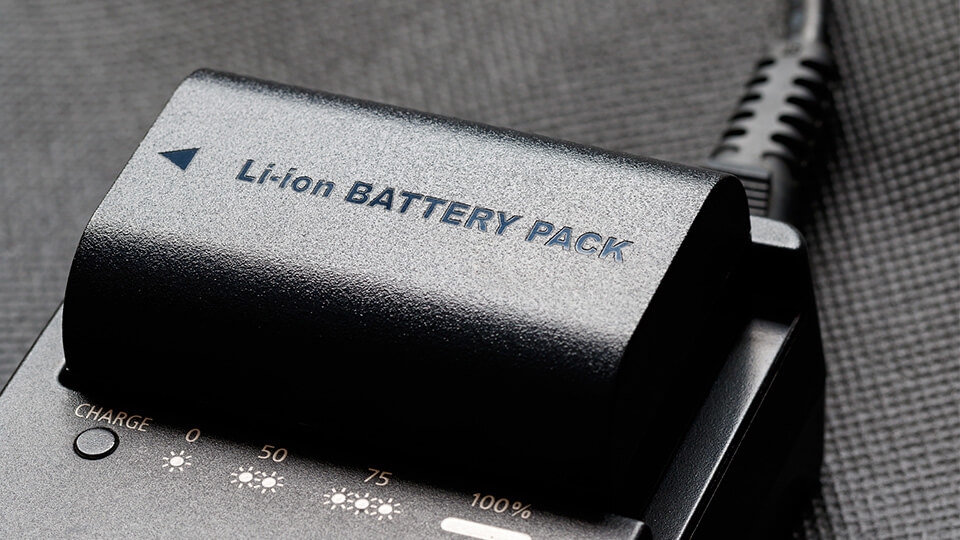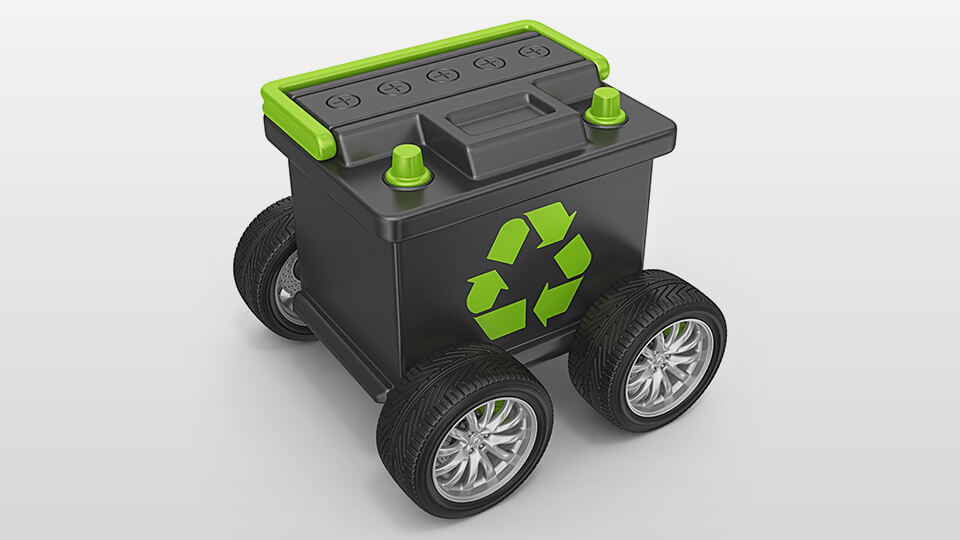A recent report from CSIRO, Lithium battery recycling in Australia, found that a local lithium-ion battery recycling industry is both economically and environmentally achievable.
The report indicates that Australia could be the world leader for the re-use and recycling of lithium-ion batteries.
However, the creation of an onshore recycling industry will rely on a number of issues being effectively addressed.
Boosting collection
One of the key aspects that requires a dramatic increase is the collection rate of lithium-ion batteries.
At present, only 2% of these batteries are being collected at end of life, with the rest mainly going to landfill.
Clearly, for industry to invest in recycling technologies and infrastructure, this rate will need to be lifted dramatically, and soon.
With lithium-ion battery waste growing at 20% per annum, it’s projected that Australia could produce more than 100,000 tonnes of this type of waste by 2036.
Key initiatives to address this low recycling rate include the development of product stewardship programs and raising consumer awareness around recycling options.
This would involve advertising existing collection sites as well as developing new collection points, and developing education campaigns highlighting existing and future bans on batteries going to landfill.
Developing technology
As the battery collection rate rises, the pressure will then come on recycling infrastructure.
The CSIRO report urges the development of recycling technology suited to Australian conditions.
For example, our distributed population may suit the deployment of mobile battery processing. On the other hand, large-scale central processing may turn out to be more feasible.
In fact, the report highlights the potential benefits to be gained from becoming a regional hub that sources feedstock from neighbouring countries.
The focus on recycling isn’t just about addressing a waste problem.
CSIRO battery research leader Dr Anand Bhatt said that “effective recycling of lithium batteries can offset the current concerns around lithium security”.
Practical action
Ecocycle’s Business Development Manager Mr Daryl Moyle believes the CSIRO report will help to boost the development of lithium-ion battery recycling in Australia.
“As a respected research organisation, CSIRO is a valuable source of information and analysis, and this report highlights important issues that need to be addressed,” he said.
“We are also keeping a keen eye on their research efforts and are in regular conversation with CSIRO, both directly and through our involvement in the Australian Battery Recycling Initiative. As a major battery recycler we believe we represent a valuable source of industry experience.”
By way of example, Mr Moyle points to Ecocycle’s extensive efforts to expand battery collection in Australia, and its development of e-waste recycling partnerships in Asia and the Pacific.
“In fact, there’s scope to add batteries to the list of materials we are already collecting from regional partners,” he said.
Recycle now
While we can expect exciting developments in battery recycling to emerge from CSIRO’s research labs, effective technology is already here to recycle all types of batteries.
Ecocycle provides scaled battery collection services for organisation of all sizes.
To find out more, give us a call on 1300 32 62 92 or fill in the form below and we’ll be in touch.




